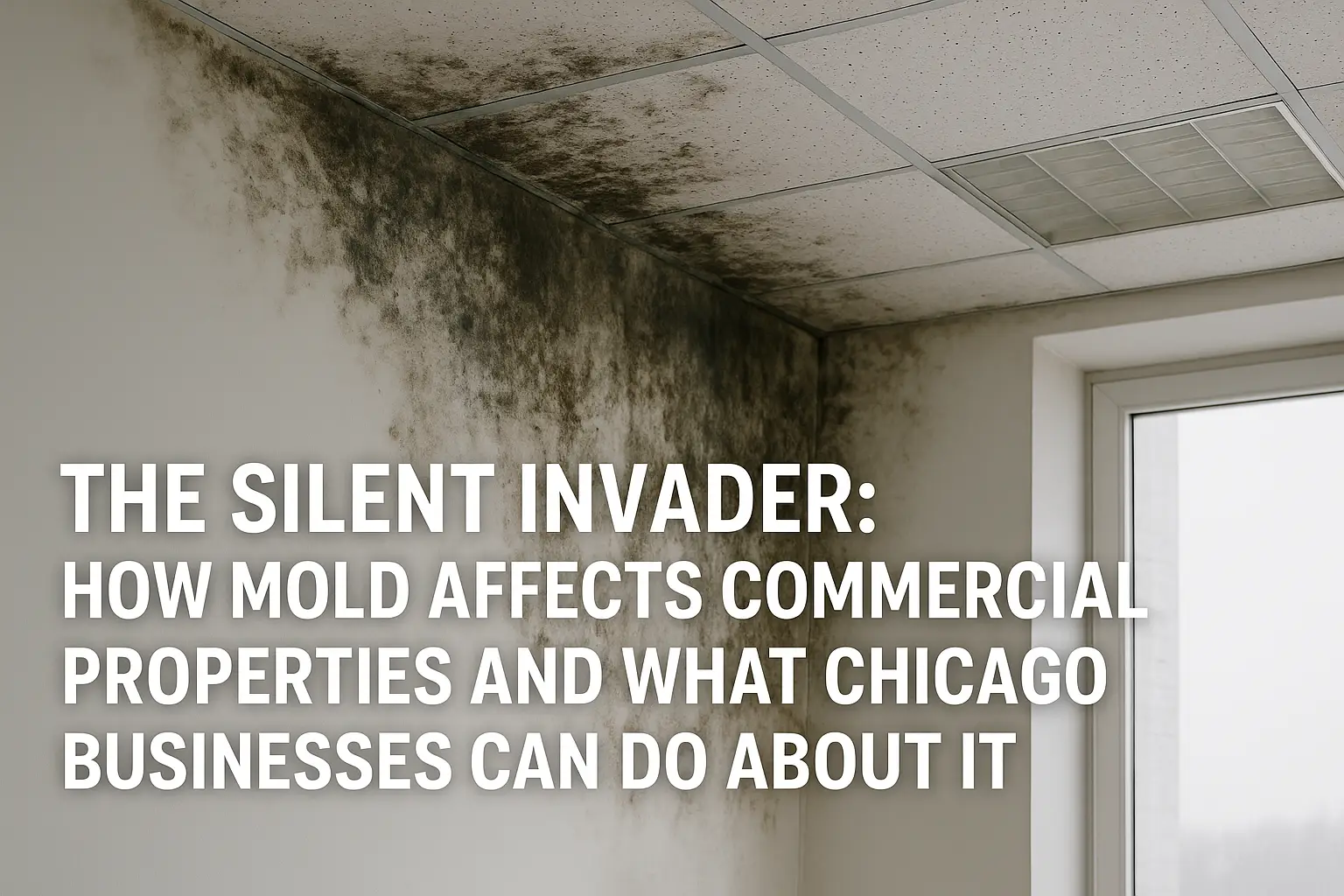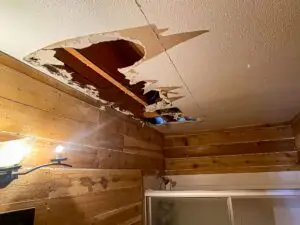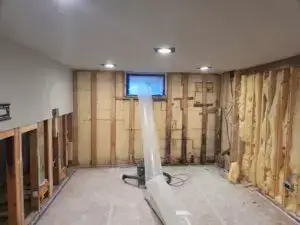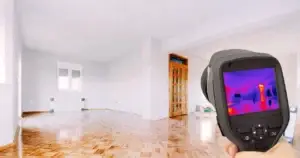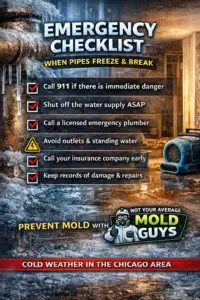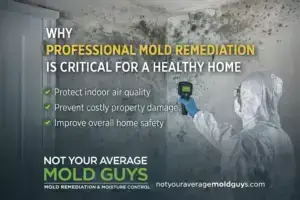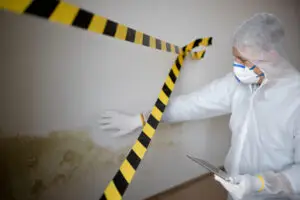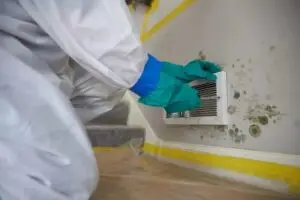Introduction:
When people think about mold, they usually imagine musty basements or neglected attics. But for business owners in the Chicago area, mold poses a hidden and costly threat to commercial properties. From office buildings to retail spaces and warehouses, mold can silently invade, disrupt business operations, cause expensive property damage, and even pose health risks to employees and customers.
In this guide, we’ll explore how mold infiltrates commercial spaces, why it’s particularly problematic in Chicago’s varied climate, and what you can do to prevent and remediate it.
Why Is Mold a Serious Concern for Commercial Buildings?
1. Financial Impact:
Mold remediation in commercial spaces often requires extensive removal of contaminated materials, temporary closures, and costly repairs. Additionally, prolonged exposure can lead to lawsuits from employees or customers claiming health issues caused by mold exposure.
2. Health Hazards:
Indoor air quality is a growing concern in workplaces. Mold spores contribute to respiratory problems, allergic reactions, and even chronic illnesses, which can lead to increased sick days and reduced productivity.
3. Reputation Damage:
Imagine a customer walking into your business and being greeted by a musty smell or visible mold growth. In the age of online reviews, one negative experience can quickly tarnish your reputation.
How Chicago’s Climate Contributes to Mold Growth
Chicago’s humid summers, freezing winters, and frequent rainfall create the perfect storm for mold growth.
-
Seasonal Humidity: The hot, humid summers make indoor moisture control challenging.
-
Winter Condensation: Cold temperatures outside and warm air inside cause condensation on windows and walls—an often-overlooked source of moisture.
-
Rain and Snow: Flat commercial roofs common in Chicago accumulate water, leading to unnoticed leaks and water intrusion.
Common Places Mold Hides in Commercial Properties
-
HVAC Systems: Moisture collects in ducts and condensate pans, spreading spores throughout the building.
-
Behind Walls and Ceilings: Leaks from plumbing and roofing often go unnoticed until significant mold colonies form.
-
Carpets and Flooring: High-traffic areas with poor ventilation are breeding grounds for hidden moisture.
-
Basements and Storage Areas: Poor air circulation and damp environments make these prime locations for mold.
Early Signs of Mold in Commercial Spaces
-
Musty, unpleasant odors that don’t go away.
-
Employees or customers complaining of headaches, allergies, or respiratory issues.
-
Visible water stains on walls or ceilings.
-
Condensation on windows or cold surfaces.
-
Warping or bubbling paint and wallpaper.
What to Do If You Suspect Mold
1. Act Quickly—Time Is Money
The longer you wait, the more expensive remediation becomes. Mold can spread rapidly through HVAC systems and porous building materials.
2. Schedule a Professional Inspection
DIY solutions won’t cut it for commercial spaces. At Not Your Average Mold Guys, we provide comprehensive inspections using infrared technology and moisture mapping to find hidden mold before it becomes a major problem.
3. Develop a Remediation Plan
Our team works around your business schedule to minimize downtime while safely removing all sources of mold.
4. Implement Preventive Measures
After remediation, it’s critical to put systems in place to prevent future mold growth. This includes dehumidifiers, proper insulation, regular HVAC maintenance, and professional moisture monitoring.
Case Study: How We Helped a Chicago Warehouse Bounce Back
Last year, a logistics warehouse in Chicago experienced a major mold outbreak due to a roof leak that had gone undetected during the winter. Moisture had pooled above the drop ceiling, leading to mold growth throughout the ventilation system.
We quickly:
-
Identified all contaminated areas using thermal imaging.
-
Worked overnight shifts to remove affected materials without disrupting business operations.
-
Installed dehumidification and ventilation improvements to prevent recurrence.
Result? The business avoided a full shutdown and resumed operations within days, with improved air quality and a healthier work environment.
How to Protect Your Business Long-Term
-
Invest in Regular Mold Inspections: Especially after major storms or before winter.
-
Maintain Your Roof and Plumbing: Prevent leaks before they happen.
-
Upgrade Your HVAC Systems: Ensure proper drainage and ventilation.
-
Monitor Humidity Levels: Keep indoor humidity below 50%.
-
Educate Your Team: Train maintenance staff to spot early warning signs.
Why Choose Not Your Average Mold Guys?
-
Fast, Discreet, and Professional Service
-
State-of-the-Art Detection Tools
-
Customized Commercial Remediation Plans
-
Serving the Entire Chicago Area with Emergency Response
Your business deserves to operate in a clean, healthy environment. Don’t let hidden mold threaten your reputation or your bottom line.
Final Thoughts:
Mold isn’t just a residential problem—it’s a silent threat to businesses across Chicago. Whether you operate a boutique shop, a high-rise office, or a sprawling warehouse, staying ahead of mold growth is crucial for protecting your employees, customers, and investments.
Contact Not Your Average Mold Guys today for a commercial mold inspection before it becomes a costly issue!


